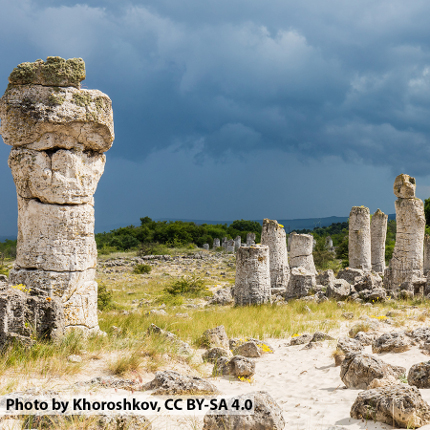Securing the Future of Cultural Heritage by Identifying Barriers to and Strategizing Solutions for Preservation under Changing Climate Conditions

Climate change challenges cultural heritage management and preservation. Understanding the barriers that can impede preservation is of paramount importance, as is developing solutions that facilitate the planning and management of vulnerable cultural resources. Using online survey research, we elicited the opinions of diverse experts across southeastern United States, a region with cultural resources that are particularly vulnerable to flooding and erosion from storms and sea level rise. We asked experts to identify the greatest challenges facing cultural heritage policy and practice from coastal climate change threats, and to identify strategies and information needs to overcome those challenges. Using content analysis, we identified institutional, technical and financial barriers and needs. Findings revealed that the most salient barriers included the lack of processes and preservation guidelines for planning and implementing climate adaptation actions, as well as inadequate funding and limited knowledge about the intersection of climate change and cultural heritage. Experts perceived that principal needs to overcome identified barriers included increased research on climate adaptation strategies and impacts to cultural heritage characteristics from adaptation, as well as collaboration among diverse multi-level actors. This study can be used to set cultural heritage policy and research agendas at local, state, regional and national scales.


